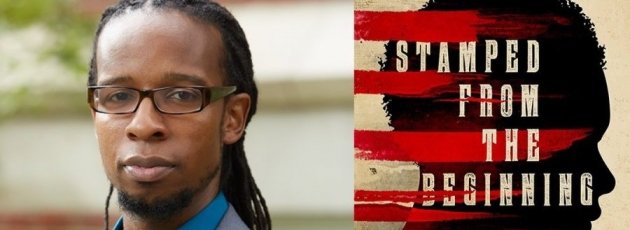- Home
- News & Blogs
- About Us
- What We Do
- Our Communities
- Info Centre
- Press
- Contact
- Archive 2019
- 2015 Elections: 11 new BME MP’s make history
- 70th Anniversary of the Partition of India
- Black Church Manifesto Questionnaire
- Brett Bailey: Exhibit B
- Briefing Paper: Ethnic Minorities in Politics and Public Life
- Civil Rights Leader Ratna Lachman dies
- ELLE Magazine: Young, Gifted, and Black
- External Jobs
- FeaturedVideo
- FeaturedVideo
- FeaturedVideo
- Gary Younge Book Sale
- George Osborne's budget increases racial disadvantage
- Goldsmiths Students' Union External Trustee
- International Commissioners condemn the appalling murder of Tyre Nichols
- Iqbal Wahhab OBE empowers Togo prisoners
- Job Vacancy: Head of Campaigns and Communications
- Media and Public Relations Officer for Jean Lambert MEP (full-time)
- Number 10 statement - race disparity unit
- Pathway to Success 2022
- Please donate £10 or more
- Rashan Charles had no Illegal Drugs
- Serena Williams: Black women should demand equal pay
- Thank you for your donation
- The Colour of Power 2021
- The Power of Poetry
- The UK election voter registration countdown begins now
- Volunteering roles at Community Alliance Lewisham (CAL)
Understanding racism by Ibram X. Kendi
Ibrahim X Kendi has taken America by storm with his new book. 'Stamped from the Beginning: The Definitive History of Racist Ideas in America.'
And now based on that book he’s written the ‘Long Read’ article in the Guardian explaining some of his thoughts. Some of his ideas both in the article, book and other articles he’s written are challenging to say the least, but at the same time his work is illuminating, and wonderfully empowering.
Perhaps the biggest challenge for anti-racist campaigners, including ‘Black lives matter’ both here and in the USA is his contention that having a Black President can be both a good thing, but can also have a negative impact too.
First and foremost, Kendi argues that as Obama undertook his meteoric rise he was forced to pander to a system that was still deeply unequal to African Americans, including selling short his mentor and preacher Jeremiah Wright.
In another article Kendi writes: that the historic 1964 Civil Rights Act signed by President Johnson and campaigned for by Dr Martin Luther King and others was both a blessing and a curse. A blessing because in many ways it outlawed extreme racism, a curse because thereafter America could say, ‘we’re no longer racist’.
Fast forward 50 years, and the same was said once Obama became President; ‘we’re now living in a post racial US and world’, and yet Black men and children were still being shot with impunity by State police officers.
Kendi highlights that anti-racists demanded changing legislation to outlaw racial discrimination, but he argues that even with the many important legislative changes most Black people are still poor. Furthermore, he contends that having the odd Black leader can be more detrimental because it gives the illusion that things are much better.
If I’ve understood Kendi’s ideas correctly his solutions is relatively simple: Don’t spend so much time on ideas or legislation, but rather focus your energy on seizing power. Political and economic power trumps ideas, and demands behaviour change.
Kendi’s long essay is a good read. My own view is that it’s not simply either/or (ideas/legislation or power). I think we can strive for both. I do however, strongly feel that we’ve ignored the power we can wield to our serious detriment. Even without vast economic power we have political power, and with that we could, for example, demand changes in housing, education and employment.
What Kendi’s thinking demands from Black activists on both sides of the pond is that we regroup and rethink our priorities, because if we don’t Black people will continue to be the poorest, most incarcerated, and portrayed as deensive with the rebuke from the mainstream: ‘but we live in a fair and free society’.
Enjoy the read.
https://www.theguardian.com/world/2017/jul/04/what-will-it-take-for-the-...
Simon Woolley
